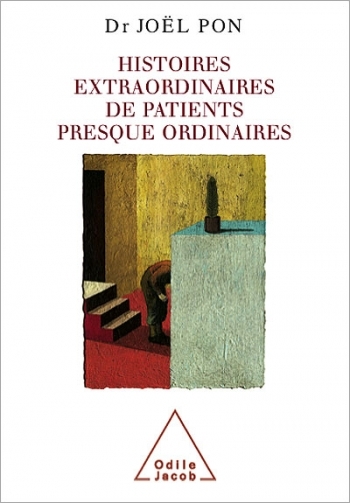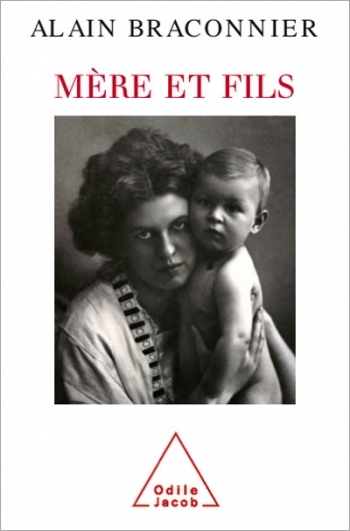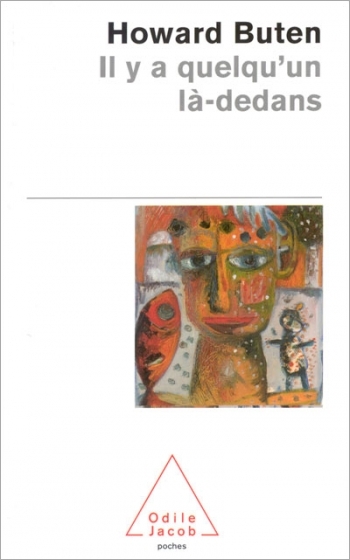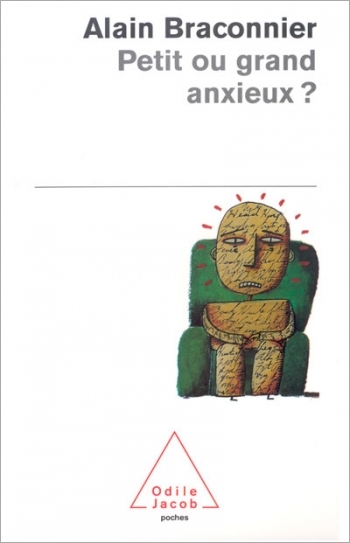Psychiatry All books
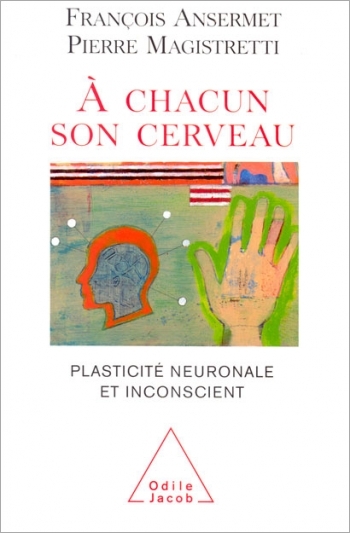
François Ansermet, Pierre Magistretti
To Each His Own Brain Biology of the Unconscious
This book is the result of the coming together of psychoanalysis and neuroscience around the shared observation that experience leaves a mark. Although the idea that experience produces psychic imprints - whether conscious or unconscious - has always been central to psychoanalysis, it was not until recently that findings in neurobiology demonstrated that neuronal plasticity existed and that it operated throughout a person's life. This constant remodelling in relation to experience poses certain basic questions about each individual's identity and future. How does psychic life emerge from experience and from what it imprints? What are the respective contributions of external stimuli (the reality behind experience) and of internal stimuli (the imprinted marks)? How do the mechanisms of synaptic plasticity participate in the establishment of an unconscious internal reality? What is the role of the body in this new dynamic organisation? This book provides the foundations for a better understanding of the relations between neuroscience and psychoanalysis and offers an original theory of the unconscious, by combining recent findings in neurobiology with the basic principles of psychoanalysis. Eschewing genetic determinism, it shows that each individual is different and each brain unique. Pierre Magistretti, a physician and neurobiologist, is a professor of physiology and director of the Centre for Psychiatric Neuroscience at the University of Lausanne's medical school. In addition, he is the president of the Federation of European Neuroscience Societies. François Ansermet is a psychoanalyst and professor of child and adolescent psychology at the University of Lausanne. He is the co-author, with O. Halfon and B. Pierrehumbert, of Filiations psychiques (Presses Universitaires de France, 2000).
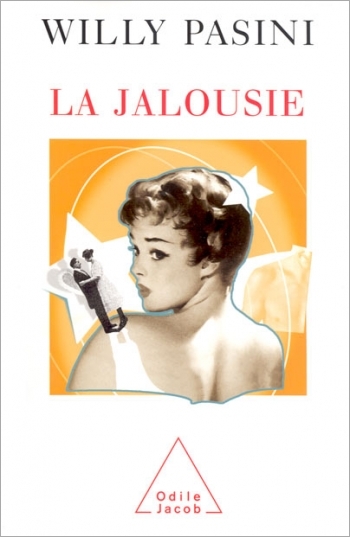
Willy Pasini
Jealousy
The sexual revolution of the 1960s undermined fidelity as well as jealousy, both of which were regarded as out-dated bourgeois concepts. Since then, jealousy has become unacceptable - something that should be hidden because it is somehow shameful. But what if jealousy were intrinsic to human nature, asks Willy Pasini. What if it were an essential part of all of us - a disease that some of us develop while others remain healthy carriers? If jealousy concerns all of us, argues Pasini, we must accept its reality, learn not to be afraid of it and put an end to our feelings of shame and embarrassment. That is the first step. The second step consists in trying to educate our feelings of jealousy, instead of denying them. We can do this by playing with allusions and illusions, with the extraordinary - and forgotten - power of flirtation, with the lightness of being. Here is a book that should help turn jealousy into a positive factor - and even into an aphrodisiac. A psychiatrist and sexologist, Willy Pasini is the author of many best-selling books, including À quoi sert le couple? and Les Nouveau Comportements sexuels, both published by Editions Odile Jacob.
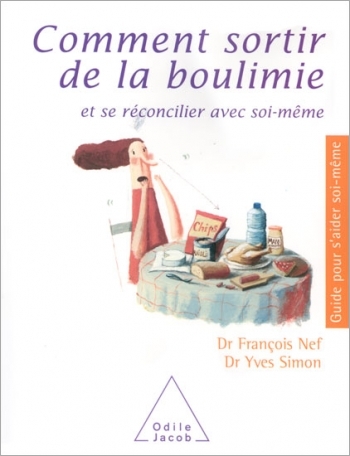
Yves Simon
How to Overcome Bulimia
Bulimia is increasingly common, particularly among girls. A recent study of high-school-age girls revealed that 20 % suffered from regular bulimic episodes. Approaching bulimia from both a psychological and a behavioural angle, the authors offer a practical, scientifically tested method to overcome the disorder. This is an indispensable book for patients, their friends and family, as well as for members of the medical profession Yves Simon is a medical psychiatrist and director of the anorexia/bulimia programme at the Free University of Brussels. François Nef is a psychologist teaching at the Free University of Brussels. Both Doctors Simon and Nef are specialists in eating disorders and behaviour.


